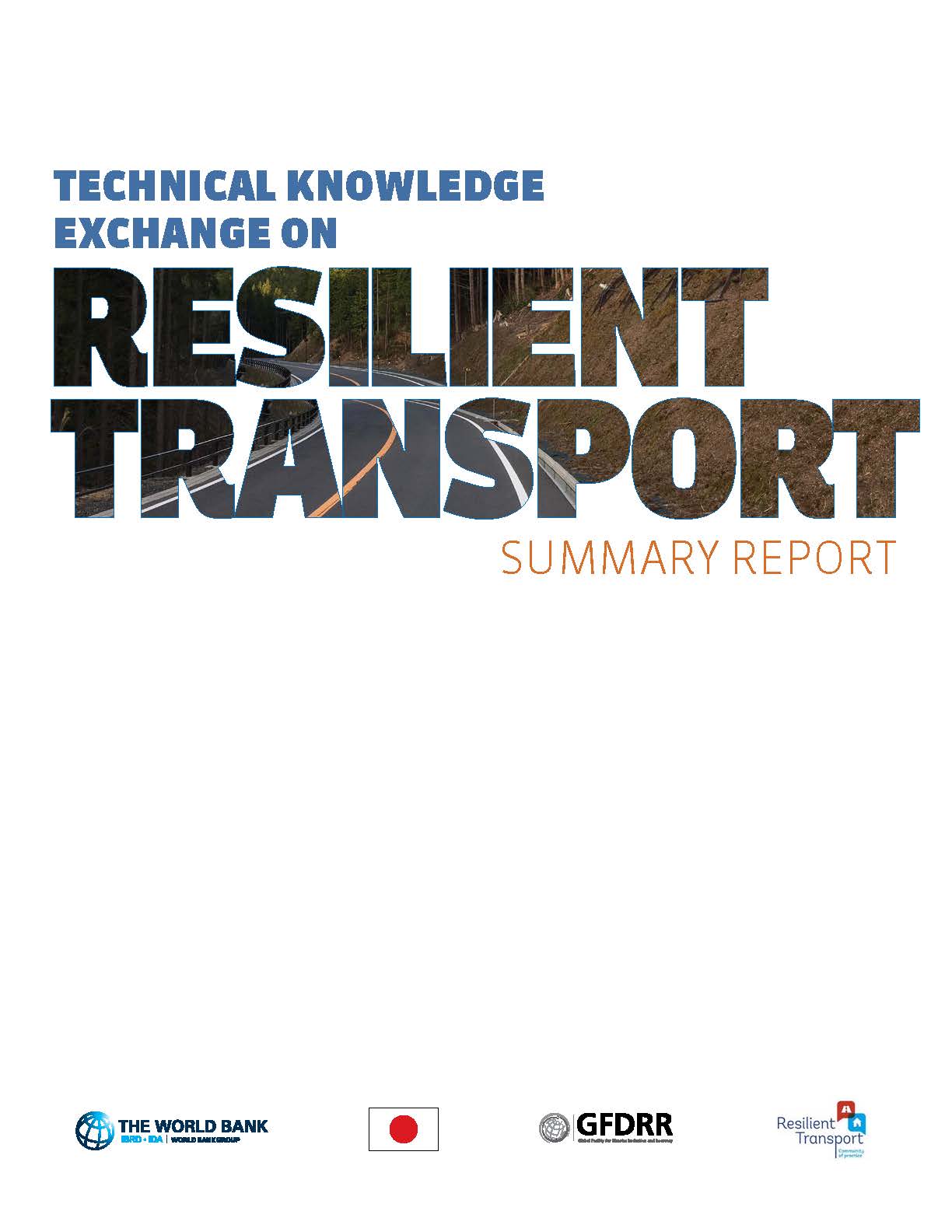Transportation infrastructure represents a significant public and private investment that is fundamental to the functioning and development of economies and societies. As such, transport investments have been integral to the World Bank’s partnerships with client countries. Since 2002, more than 260,000 kilometers of road were constructed or rehabilitated through World Bank-supported projects. However, these investments are increasingly exposed to disaster and climate hazards, including landslides, flooding, and earthquakes. To manage and reduce the risks these hazards may pose, low- and middle-income countries are seeking new approaches to plan, design, construct, operate, and maintain their transportation systems.
On May 8–12, 2017, the World Bank Disaster Risk Management (DRM) Hub in Tokyo and the Resilient Transport Community of Practice (CoP) hosted a week-long Technical Knowledge Exchange (TKX) in Tokyo that convened clients and World Bank task team leaders (TTLs) from 16 countries to share concepts and practices on resilient transport, including systems planning, engineering and design, asset management, and contingency programming. The exchange drew upon Japanese and international experts to showcase innovative approaches and practical advice for facing the challenges when addressing risk management planning for the transport sector.

